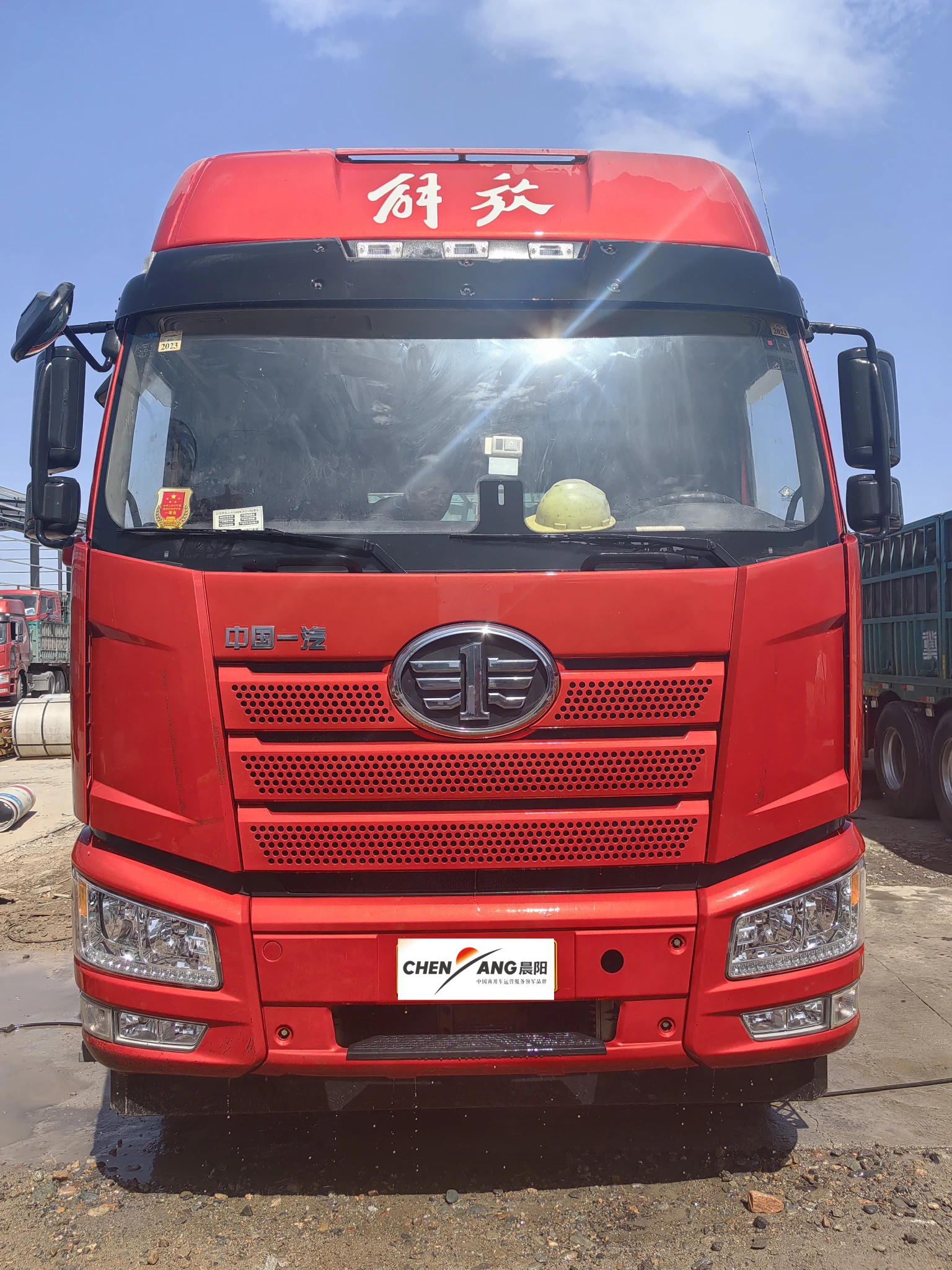Diesel-Powered Plowing Equipment for Efficient Agricultural Practices
The Role of Diesel Ploughing Machines in Modern Agriculture
In the realm of modern agriculture, efficiency and productivity are paramount. With the increasing global population, the demand for food has skyrocketed, pushing farmers to explore innovative methods to enhance their agricultural practices. One such advancement is the diesel ploughing machine, a powerful tool that has revolutionized land preparation and significantly improved crop yields.
The Need for Mechanization
Historically, ploughing was a labor-intensive task often performed by hand or through the use of oxen and horses. While these traditional methods laid the foundation for agriculture, they were often time-consuming and inefficient. With the industrial revolution, the introduction of machinery into farming practices marked a significant turning point. The transition to mechanized agriculture allowed farmers to cultivate larger areas of land in a shorter period, reducing the overall cost and effort required for ploughing.
Diesel ploughing machines emerged as a solution that combines power, efficiency, and versatility. Unlike their gasoline counterparts, diesel engines are renowned for their durability, better fuel efficiency, and higher torque, making them ideal for the rigorous demands of agricultural tasks.
Advantages of Diesel Ploughing Machines
1. Efficiency and Speed Diesel ploughing machines can cover vast acreages in a fraction of the time it would take using traditional methods. This efficiency allows farmers to maximize their time and prepare land for planting more effectively, leading to improved crop production cycles.
2. Fuel Efficiency Diesel engines generally consume less fuel per hour compared to gasoline engines, offering an economical choice for farmers. With rising fuel prices, the fuel efficiency of diesel machines can lead to significant cost savings over time.
3. Greater Power Diesel ploughing machines possess high torque, enabling them to handle tougher soil conditions and navigate challenging terrains. This is especially beneficial in regions with hard or compacted soils, where traditional ploughs may struggle to make an impact.
diesel ploughing machine

4. Versatility Many modern diesel ploughing machines come equipped with various attachments, enabling them to perform multiple tasks beyond ploughing, such as harrowing, tilling, and discing. This multifunctionality reduces the need for additional machinery, saving both capital and maintenance costs for farmers.
5. Labor Savings With the increasing difficulty in finding farm laborers, diesel ploughing machines provide a reliable alternative. By reducing the workforce needed for ploughing and other land preparation tasks, farmers can allocate their human resources more strategically.
Environmental Considerations
While diesel ploughing machines offer numerous advantages, it is crucial to consider their environmental impact. Diesel engines, although efficient, emit pollutants that can affect air quality and contribute to climate change. Farmers are encouraged to adopt sustainable practices, such as using biodiesel or other alternative fuels, to mitigate these effects. In addition, implementing conservation tillage practices can preserve soil health and reduce greenhouse gas emissions.
The Future of Diesel Ploughing Machines
The role of diesel ploughing machines in agriculture is not static. The industry is constantly evolving with technological advancements, leading to the development of smart tractors equipped with GPS and precision farming technologies. These innovations enable farmers to optimize field operations, minimize waste, and make data-driven decisions.
As agriculture continues to adapt to challenges posed by climate change, population growth, and food security, the importance of efficient and sustainable farming practices becomes even more apparent. Diesel ploughing machines will undoubtedly remain a key component in this transformation, helping farmers meet the demands of modern agriculture while striving for sustainability.
Conclusion
In conclusion, diesel ploughing machines are a prime example of how agricultural technology can enhance productivity and efficiency. They represent a shift from traditional, labor-intensive methods to modern, mechanized processes that are crucial for meeting the demands of today’s food production needs. As farmers continue to embrace innovation and sustainability in their practices, the contribution of diesel ploughing machines will be vital in shaping the future of agriculture.
-
SINOTRUK HOWO 84 Electric Dump Truck for Eco-Friendly Heavy HaulingNewsJul.26,2025
-
The Fast 16-Gear Manual Transmission Assembly for Heavy TrucksNewsJul.25,2025
-
Mercedes Benz Actros 1848 42 Tractor Truck for Sale - Reliable PerformanceNewsJul.24,2025
-
High-Quality Water Pump Assembly for Sinotruk Trucks – Durable & ReliableNewsJul.23,2025
-
Premium Truck Engine Antifreeze Coolant Fluid for Heavy Duty VehiclesNewsJul.22,2025
-
FOTON View G7 Mini Bus: Affordable & Spacious TransportNewsJul.22,2025
Popular products

























